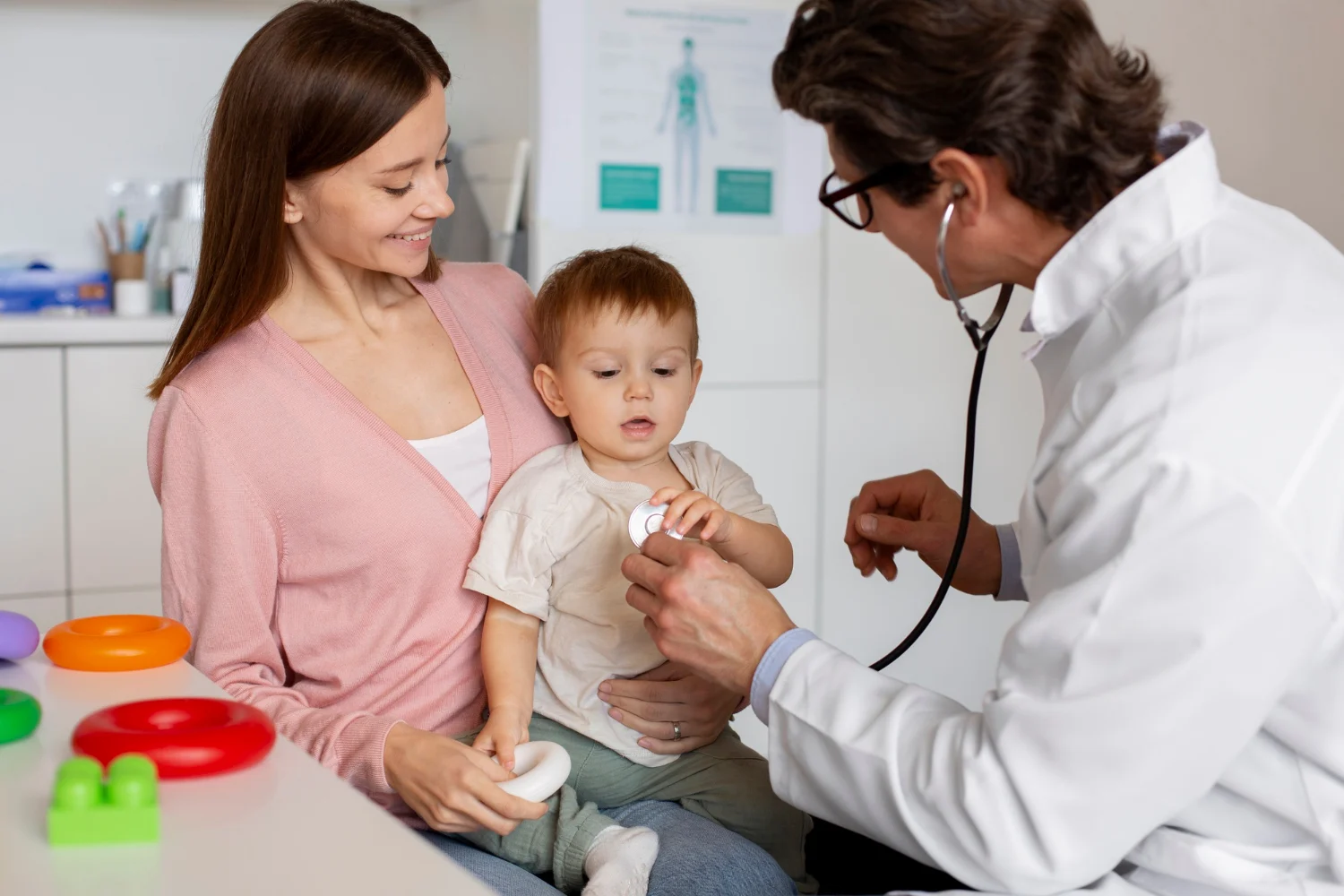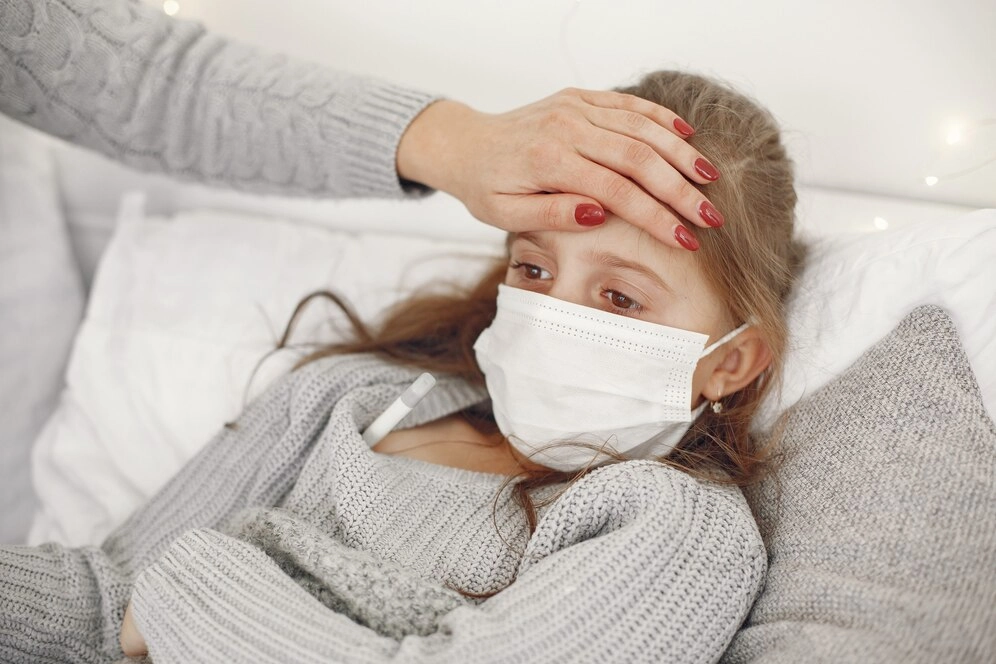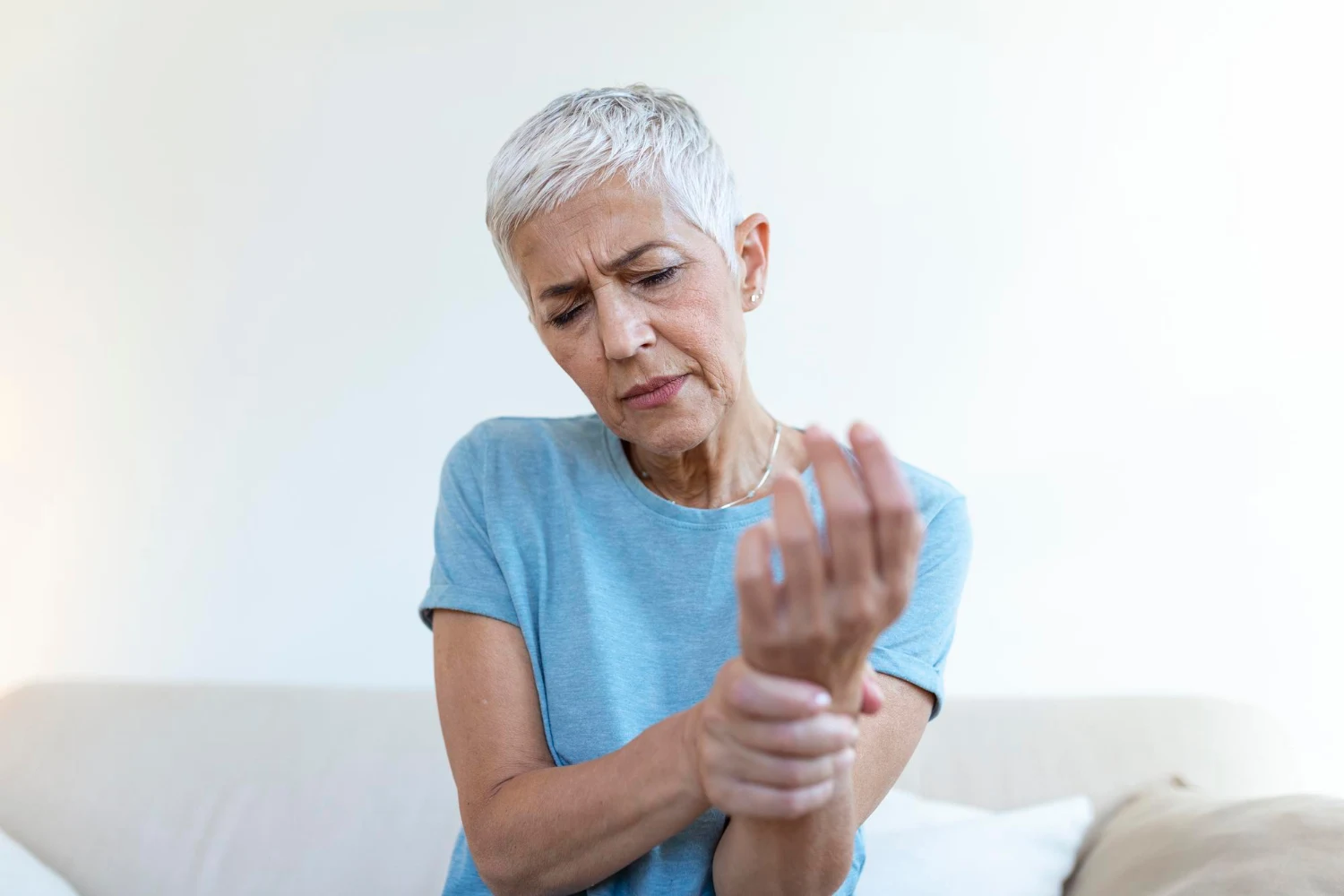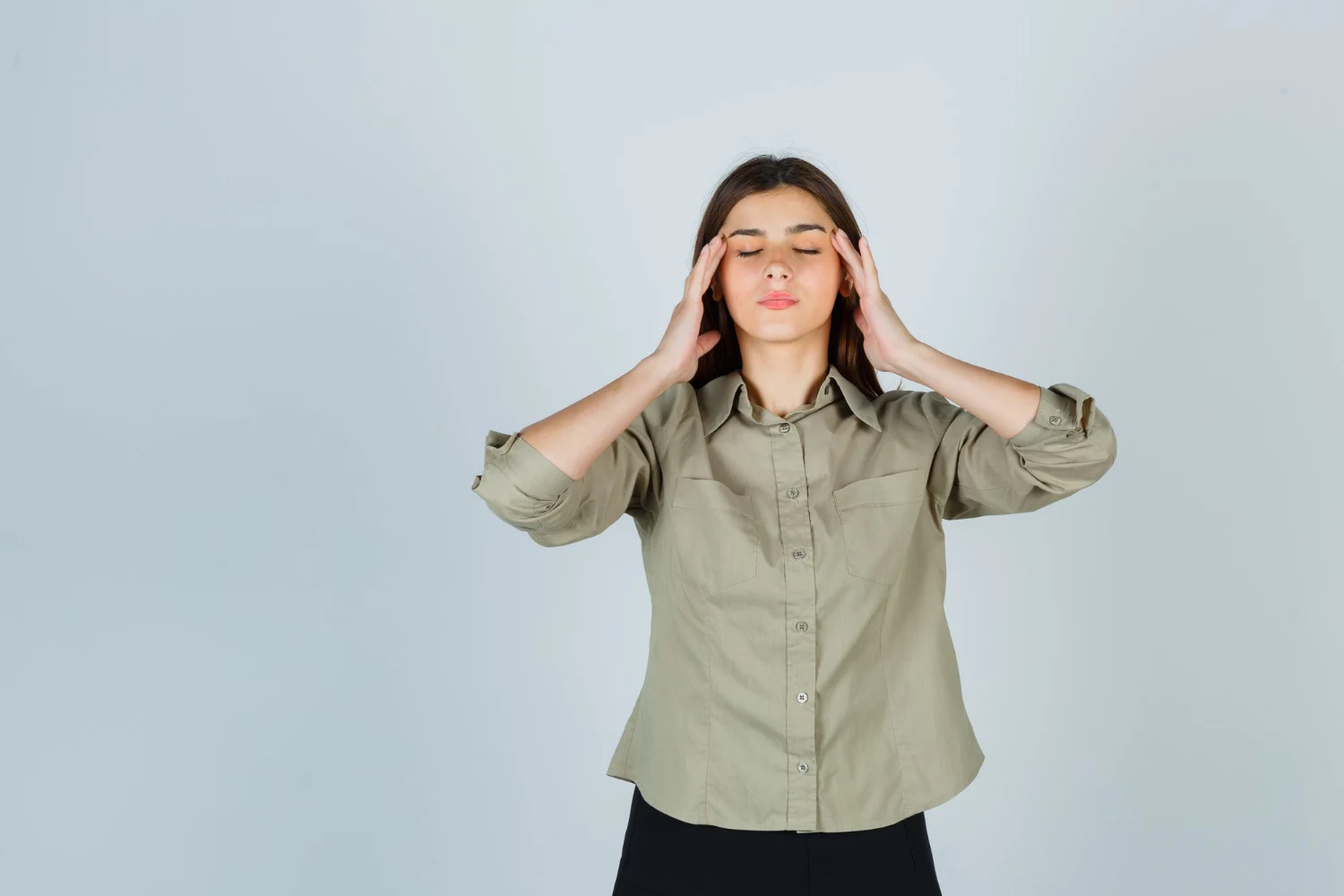When To Visit A Doctor For Child’s Cough Or Fever In Rainy
Category: General medicine
The rainy season brings relief from the heat, but it also opens the door to seasonal illnesses, especially in children. Changes in weather, damp surroundings, and the spread of viruses make children more vulnerable. While mild coughs and low-grade fevers are common, some situations require medical attention. Knowing when to visit a doctor can protect your child from complications and help them recover faster. As a parent, your quick action and awareness can make a big difference in keeping your child healthy during this time.
Why cough and fever are common during the rainy season
During monsoon, the air is filled with moisture, creating a perfect environment for viruses and bacteria to thrive. Children, with their developing immune systems, are more likely to catch infections. The sudden shift from humid outdoors to cool indoor environments, exposure to rain, and contaminated food or water can all contribute to illnesses. While mild symptoms may resolve with care at home, a persistent cough or recurring fever should never be ignored. Parents need to stay alert and monitor symptoms closely to decide when it’s time for a doctor’s visit.
When a cough needs medical attention
A simple cough can often be treated at home with rest, hydration, and home remedies. However, if the cough continues for more than a week, or worsens instead of improving, it could be a sign of a deeper infection. Warning signs include difficulty breathing, chest tightness, wheezing, or a cough that produces thick green or yellow mucus. Children may also complain of chest pain or struggle to sleep due to constant coughing. Such symptoms can indicate infections like bronchitis, pneumonia, or asthma, all of which need timely medical care.
When a fever needs medical attention
Fever is the body’s way of fighting off infections, and a mild fever usually isn’t alarming. But if your child’s fever goes above 101°F and stays that way for more than two days, you should consult a doctor. If the fever is accompanied by extreme tiredness, irritability, rash, headache, vomiting, or difficulty breathing, immediate medical help is necessary. During the rainy season, fevers could be caused by viral flu, dengue, malaria, or bacterial infections. Timely diagnosis and treatment can prevent the illness from becoming more serious.
Other warning signs to watch out for
Sometimes, cough or fever is just one part of a bigger problem. Keep an eye out for warning signs like repeated vomiting, diarrhoea, refusal to drink fluids, or signs of dehydration (dry lips, very little urine, or sunken eyes). Breathing problems, fast heartbeat, pale or bluish skin, or extreme sleepiness are also red flags. If you notice any of these symptoms, don’t wait—take your child to the hospital immediately. Quick medical attention can make recovery faster and prevent complications.
How Lokmanya Hospitals can help
At Lokmanya Hospitals, your child’s health is in expert hands. Their pediatric department is equipped to handle all kinds of seasonal illnesses, from mild infections to emergencies. The doctors provide accurate diagnosis, safe treatment, and gentle care that helps children recover comfortably. With modern facilities, experienced staff, and a child-friendly environment, Lokmanya Hospitals ensures that parents feel confident and supported during their child’s treatment. Whether it’s a persistent cough, a high fever, or sudden health concerns, the hospital is ready to help.
Conclusion
Cough and fever are common in children during the rainy season, but it’s important to know when they require medical attention. Persistent symptoms, high fever, or signs of distress should never be ignored. Early consultation with a doctor ensures that any serious illness is detected and treated in time. As a parent, staying informed and acting promptly can make all the difference. Lokmanya Hospitals is always ready to support you with expert care and guidance for your child’s health.
FAQs
- How long should I wait before taking my child to the doctor for a cough?
If your child’s cough lasts more than 5–7 days, worsens, or is accompanied by breathing difficulty or chest pain, visit the doctor immediately. Early care can prevent complications.
- Is every fever during rainy season serious?
No, mild fever is common, but if it stays above 101°F for more than two days, or comes with weakness, rashes, or vomiting, you should consult a doctor right away.
- What home care can I give for a mild cough?
You can offer warm fluids, light food, and rest. Honey (for children above 1 year) can help soothe the throat. If there’s no improvement, seek medical advice.
- When is a cough an emergency?
A cough that causes severe breathing problems, chest pain, or bluish lips is an emergency. Take your child to the hospital immediately to avoid complications.
- Can rainy season fever be dengue or malaria?
Yes, fevers in monsoon can be due to dengue, malaria, or viral flu. Only a doctor can confirm the cause with proper tests, so timely check-ups are important.
- What foods help in recovery from cough and fever?
Light, home-cooked meals, soups, khichdi, fresh fruits, and warm liquids help boost immunity and energy levels. Avoid oily, spicy, or junk food during recovery.
- Should antibiotics be given for cough and fever?
Not all coughs or fevers need antibiotics. Only give antibiotics if prescribed by a doctor after proper examination, as unnecessary use can cause side effects.
- What precautions can I take during rainy season?
Keep your child dry, ensure they wear weather-appropriate clothes, maintain hygiene, give clean drinking water, and avoid exposing them to sick individuals.
- How can I prevent cough in children during monsoon?
Encourage handwashing, avoid sudden temperature changes, and keep your child away from damp or dusty areas. A healthy diet also helps strengthen immunity.
- Why choose Lokmanya Hospitals for my child’s care?
Lokmanya Hospitals offers expert pediatric care with modern facilities and experienced doctors. The hospital ensures safe, effective, and child-friendly treatment for all illnesses.







